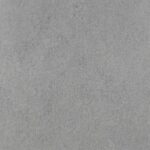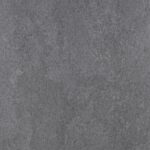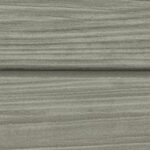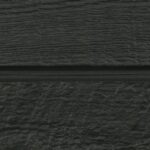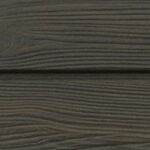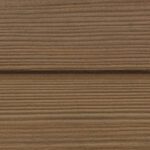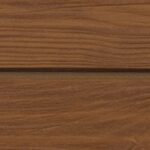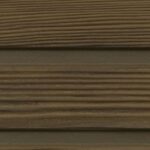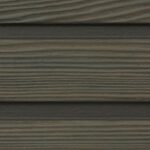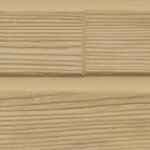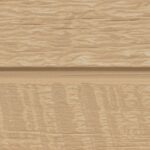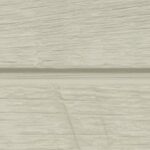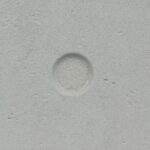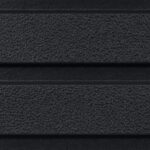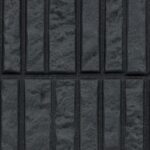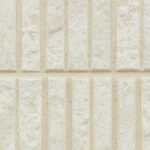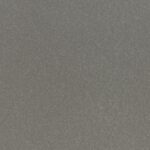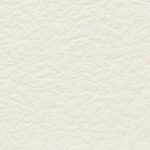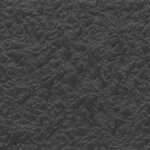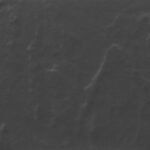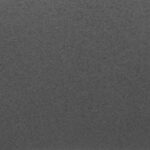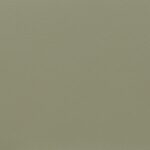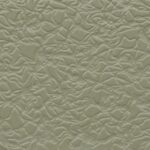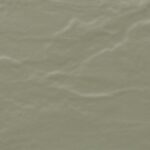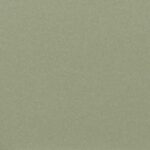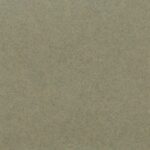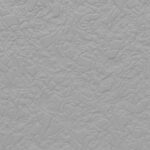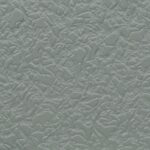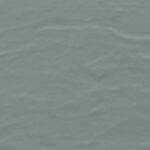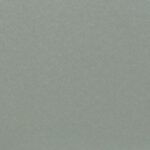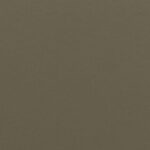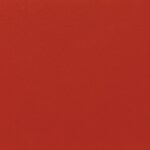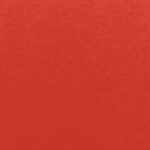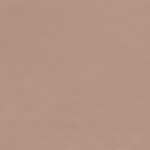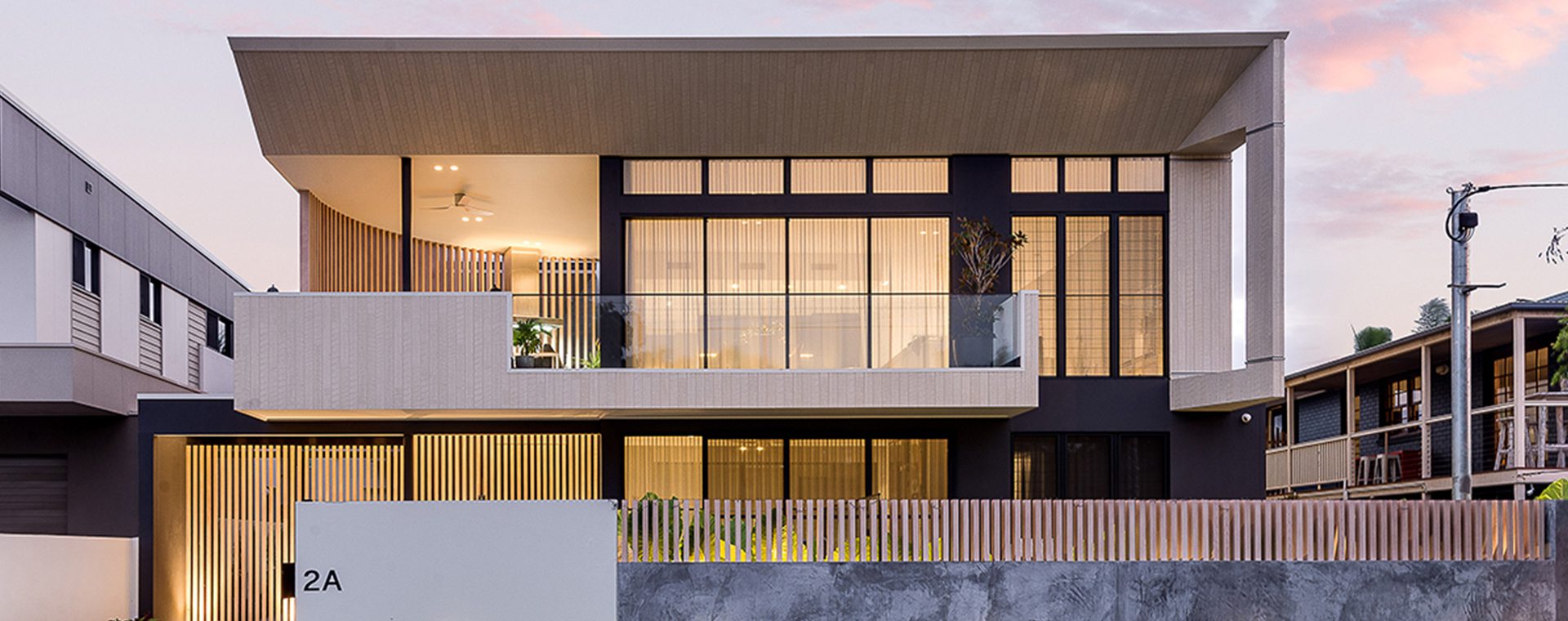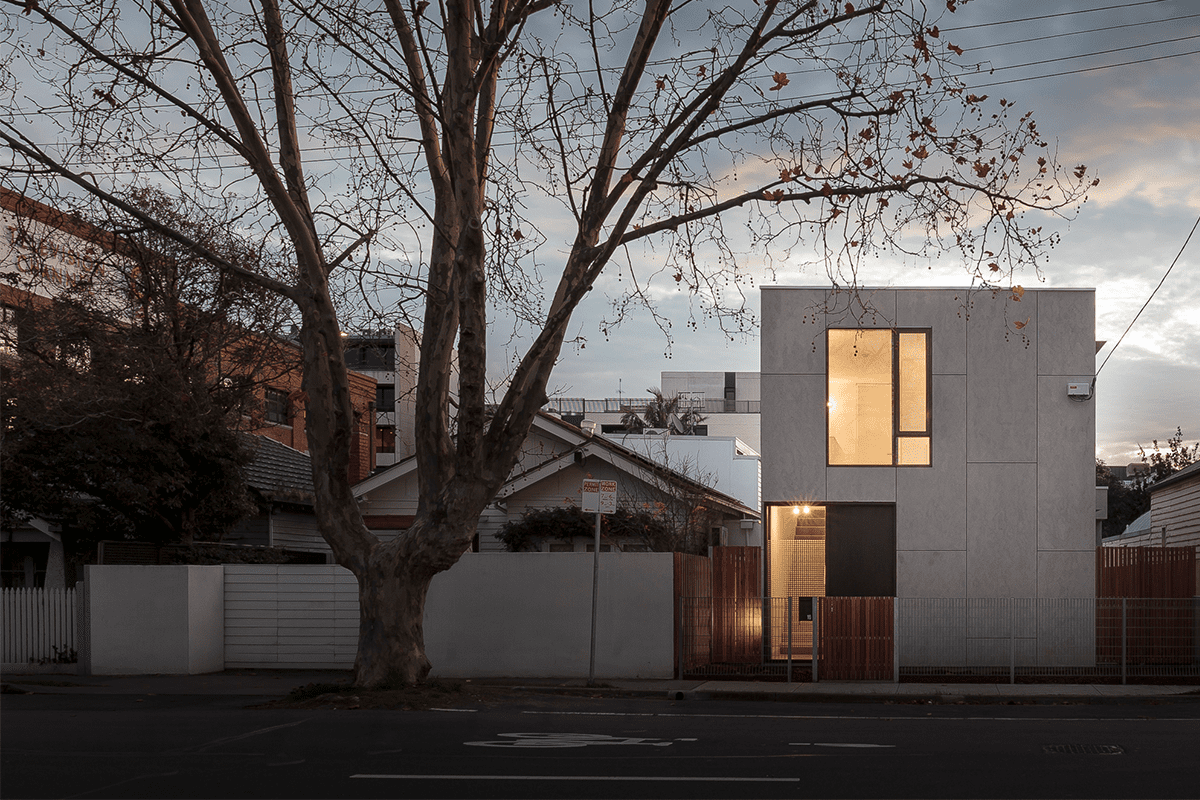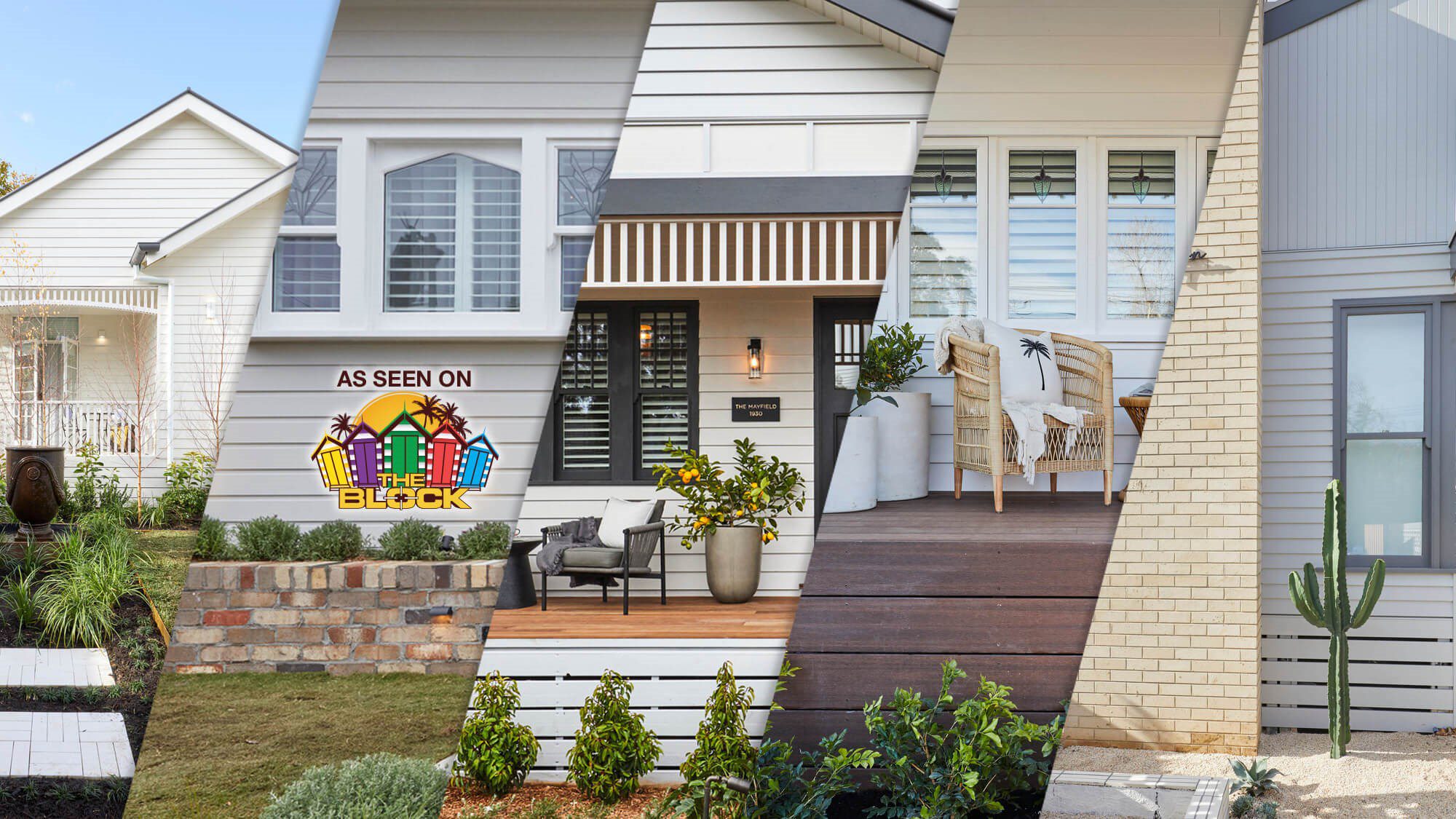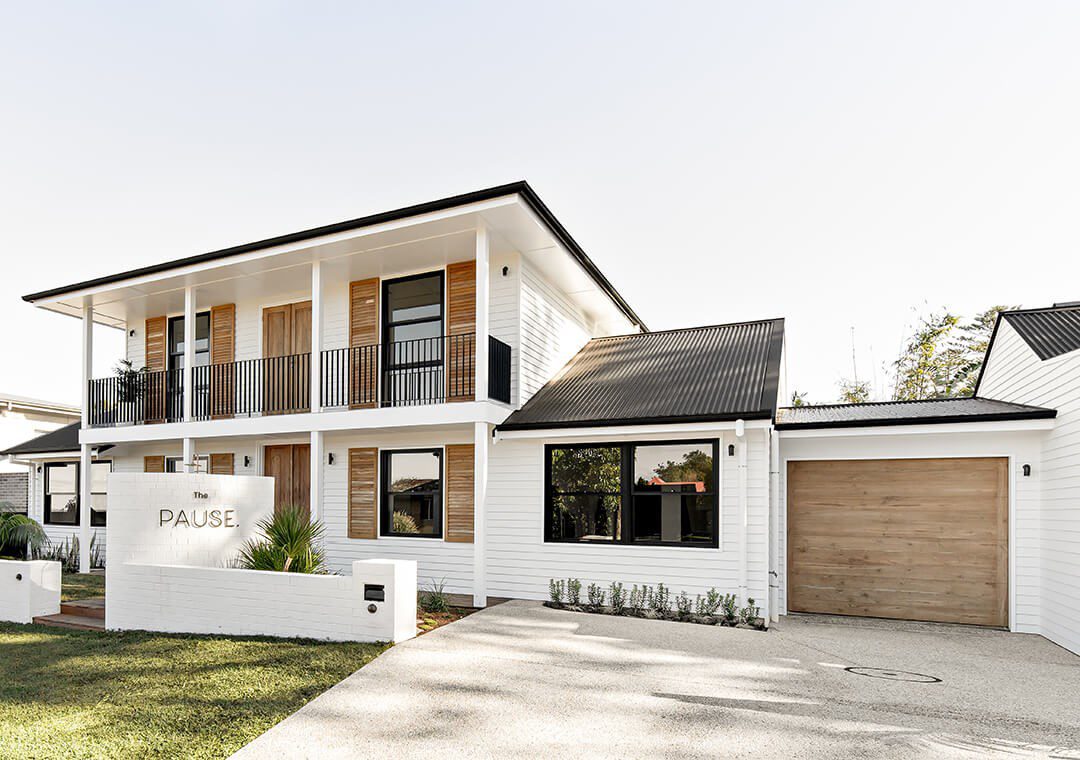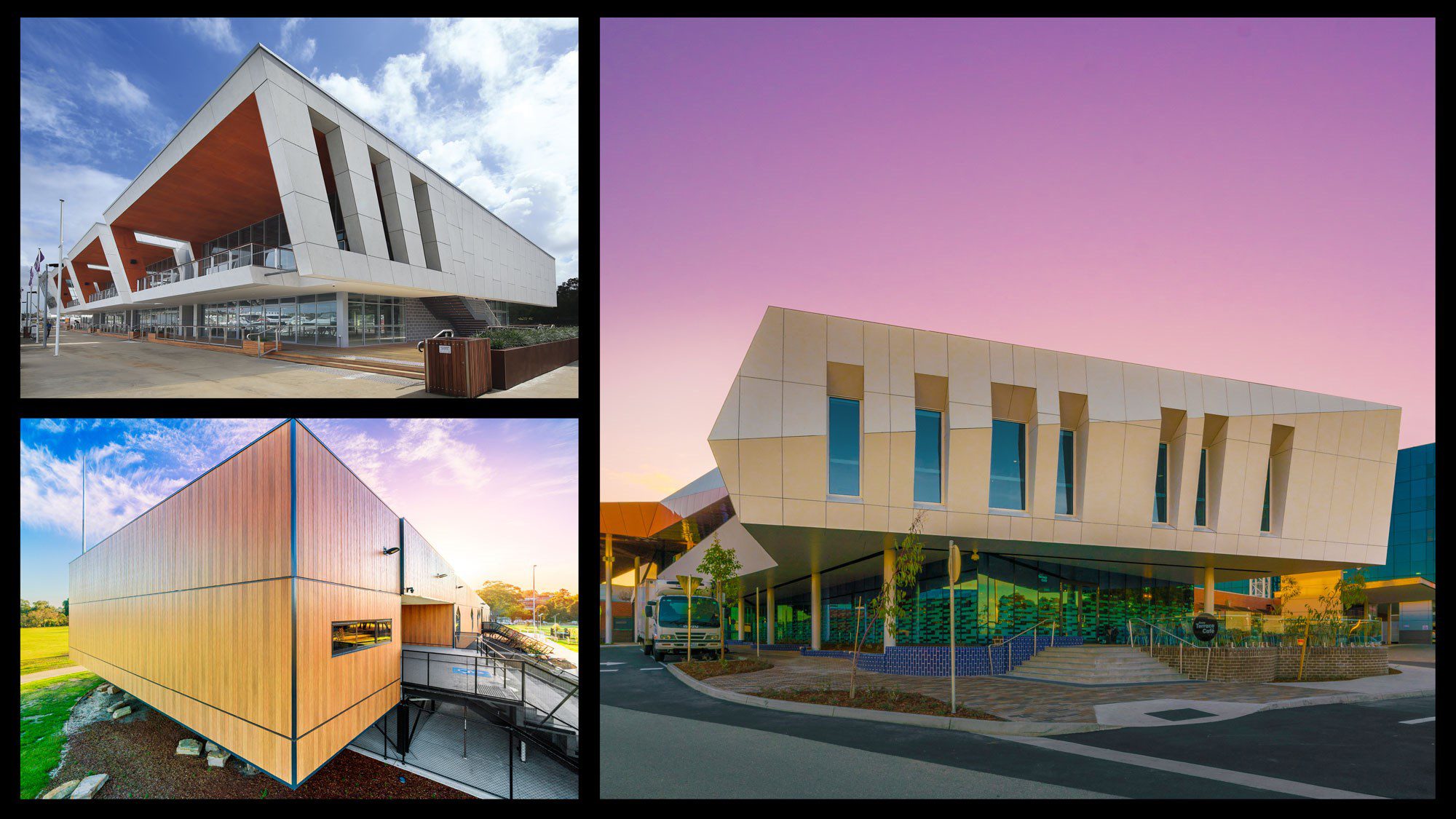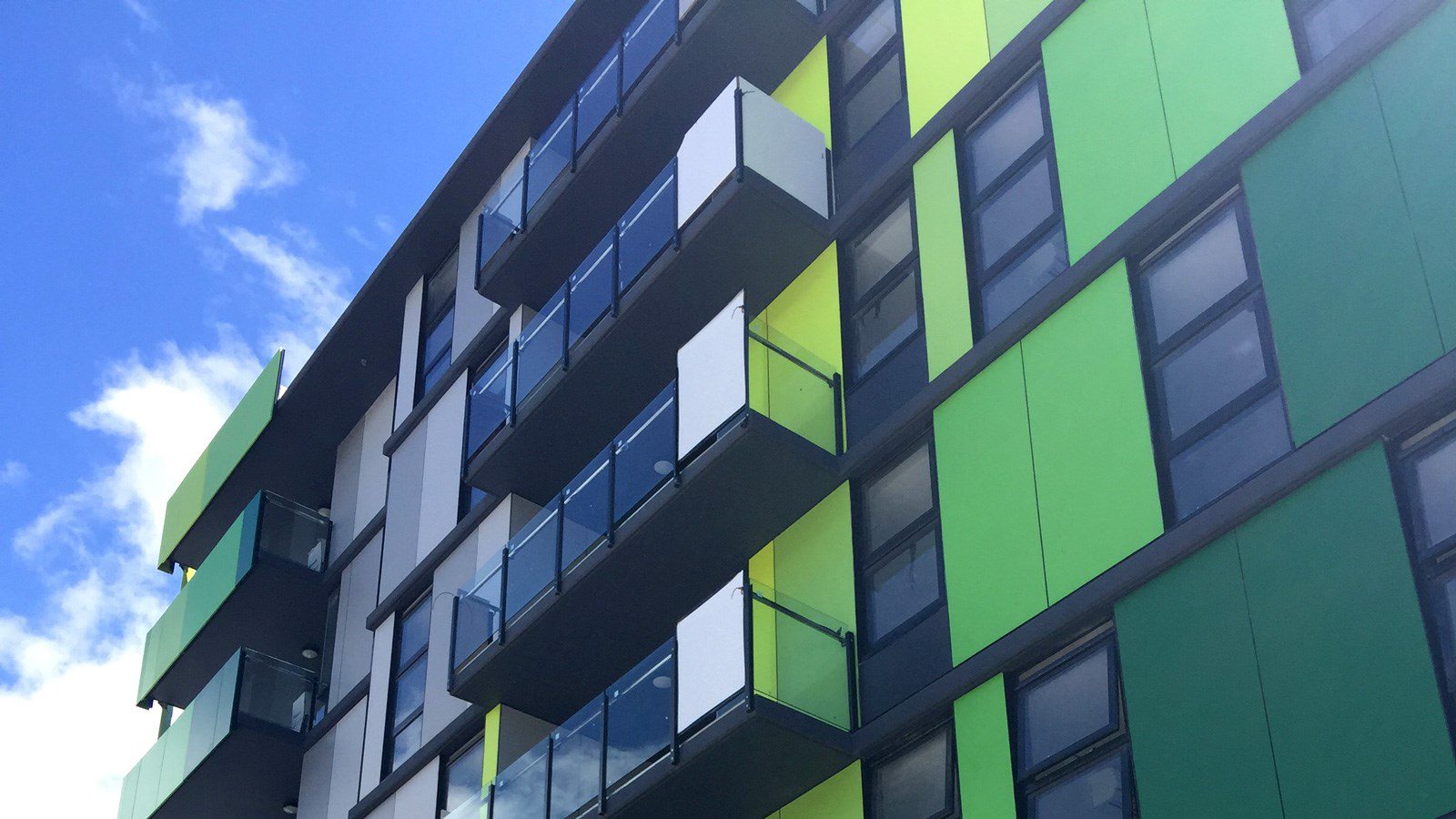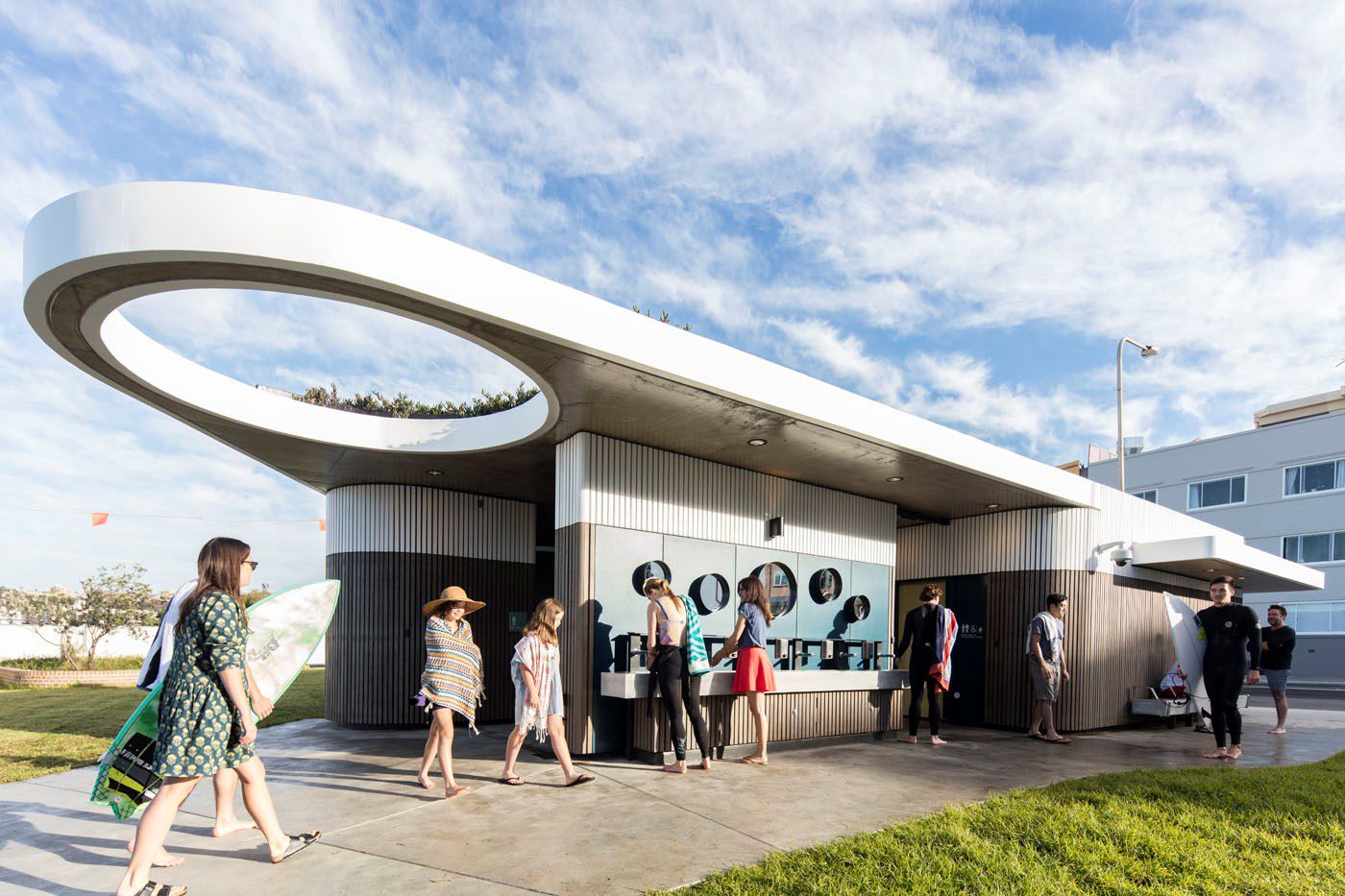Commercial facades with timeless style.
Browse our range of Commercial Facades products
Good building facade designs benefit the community
Commercial façade design is the domain of architects. Commercial buildings include office blocks, shopping centres, residential apartments, hotels, hospitals, aged care facilities and public buildings. They’re distinct from residential detached housing.
The façade is the external face of the building as seen from the street. The design, materials, colour, and architectural features determine the character, style, and identity of the building. Façade designs should reflect the purpose of the building, be stylish, timeless, and fit in with their surroundings.
In general, façade design is to be carried out by a registered architect and / or engineer. They need to demonstrate that the façade meets the required safety and structural standards set out in the National Construction Code as well as any other local and regional legislative requirements.
Cemintel has a range of products and façade solutions. Façade panels are prefinished, or site painted. The fibre cement panels are typically a fixed to a top-hat system. Together they form a Pressure Equalised Ventilated Cavity Commercial Cladding System that resists weather and manages moisture.
Cemintel gives architects a broad range of express joint panels to design with. This cladding range includes Surround’s 5 neutral colours in 5 different finishes and the secondary colour palette of 16 bold colours. Four Barestone cladding products with the concrete aesthetic of fibre cement. If you have a custom colour in mind, use the site painted ExpressPanel®.
Sort
Frequently asked questions
-
What is a building façade and what role does it perform?
A building facade must consider a few functional and performance criteria:
- The façade provides a barrier between the weather outside and the comfort expected by the building occupants inside. It protects the building from harsh weather, high winds as well as air and noise pollution.
- A façade can aid the energy efficiency of the building by insulating walls and shading windows. This reduces the amount of energy required to heat or cool the building.
- Façade materials must be durable and low maintenance. After all, they can be twenty floors up and hard to get to. They must withstand the most powerful storms and they must stay looking good without the need for regular cleaning and maintenance.
- Façade safety is important too. The materials and designs should not contribute to the spread of fire. They should also help control condensation and moisture.
-
What is the difference between a facade and cladding?
A façade encompasses the external envelope of a building. This may include walls, windows, doors, decorative features, and cladding. It contributes to the overall “look” of the building from the outside.
Cladding is one component of the façade. It’s the external layer of the building walls.
-
What are examples of famous facades?
In Australia one of the most famous buildings is the Sydney Opera House. Although the shells of the Opera House resemble the sails of a ship, architect Jorn Utzon said his inspiration came from birds, clouds, walnuts, and trees. The Opera House’s façade is made from precast concrete covered in small clay tiles.
The Chrysler Building in New York is a famous Art Deco skyscraper on the East Side of Manhattan. It’s famous for its terraced crown. It’s composed of seven radiating terraced arches. The crown is clad in silvery “Enduro KA-2” metal, an austenitic stainless steel.
The Heydar Aliyev Centre in Baku, Azerbaijan is famous for its distinctive flowing, curved style. It was designed by Iraqi-British architect Zaha Hadid. The cladding is glass-fibre-reinforced concrete panels.
Other applications
Residential
Commercial
Inspire
Latest topics, projects and people that help shape architecture, design, building and construction.
Speak to an expert
Simply complete the form to get in touch with one of our Cemintel experts.

